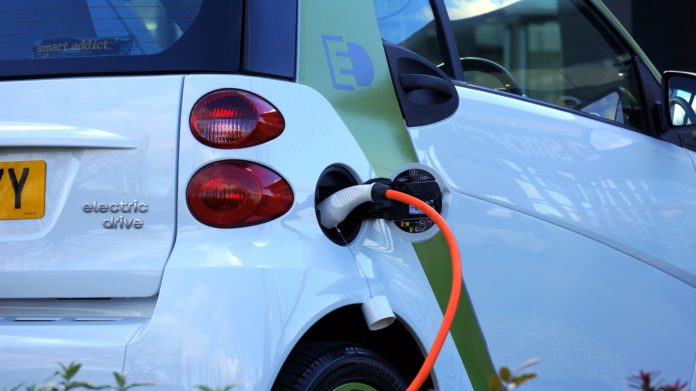
Back in 2014, CBS News’ “60 Minutes” did a profile on Tesla’s Model S as well as an interview with Tesla and SpaceX CEO Elon Musk. Sharp-eared viewers noticed something odd, however: a “vroom” sound as well as gear-changing on footage of the car that simply shouldn’t have been there, considering the Model S is fully electric and emits virtually no sound at all. In addition to being an all-electric engine, it doesn’t shift gears: the vehicle is powered by an AC induction motor moving power through a single-speed fixed gear transmission. “60 Minutes” had dubbed in audio of a high-revving gas engine changing gears through a conventional gearbox over footage of the Model S. (because it seemed to fit the image of a sexy, sporty car.) CBS admitted to an “audio error” made by an editor and removed the sound from online versions of the program.
It’s not hard to understand the motivations of the show’s editor, however. Cars are supposed to go “vroom,” right? It’s not only about the driving experience, it’s also about safety. A vehicle that you can’t hear until after it’s run you over isn’t a very safe thing to have on the road, and regulators are beginning to take note, with talk of future regulations that require vehicle engines to make some sound.
Thanks to Norwood, Massachusetts-based Analog Devices, Inc., electric and hybrid vehicles could soon be “vrooming,” or something like it. The company has introduced an embedded system for generating engine sound for cars that are largely silent – or too quiet for safety – during operation. According to the company, the ADSP-BF706 digital signal processor and electric vehicle warning sound system (EVWSS) firmware can enable automobile manufacturers to comply with future safety regulations mandating external engine sound for EVs and HEVs traveling at low speeds.
ADI’s Sigma Studio Integrated Development Environment (IDE) enables car makers to graphically tune the audio sound when using the ADAU1450. This allows sound engineers with minimal programming experience to optimize audio performance while reducing development time.
In the U.S., a law authored by the National Highway Traffic Safety Administration (NHTSA) that had been set to go into effect in late 2019 mandating engine sounds in hybrid and electric vehicles traveling under 19 miles per hour (either forward or in reverse) has been pushed back thanks to heavy lobbying by car makers. It’s expected, however, that the rule will ultimately take effect and 2020 models will be required to make some engine noise in compliance with the regulations.












